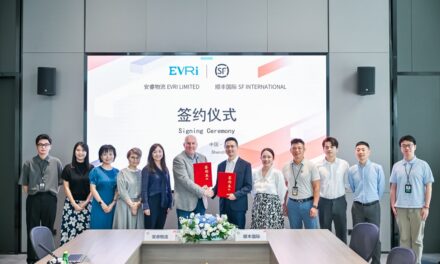OPTA (Independent Post and Telecommunications Authority of the Netherlands), publishes its Vision 2008
OPTA (Independent Post and Telecommunications Authority of the Netherlands), publishes its Vision 2008. – January 2, 2008
Press Release
OPTA presents its Vision 2008: 'OPTA focuses regulation on prevention and decisions supported by market parties'. Today OPTA, the Independent Post and Telecommunications Authority of the Netherlands, published its Vision 2008. In addition to the developments in the electronic communications and postal markets which the regulatory authority outlines in this document, it also sets out its vision for regulation and its role as a regulator. To OPTA market developments are leading for its regulatory activities. Convergence, which refers to the merging of markets, is still the overriding force in the electronic communications markets. The dynamics of these markets demand effective regulation by OPTA. The regulatory authority is capitalising on this by increasingly moving towards prevention and seeking decisions that are supported by market parties. Policy on electronic communications Due to convergence the regulation of electronic communications is becoming more closely related to the regulation of media and frequencies. OPTA uses ‘convergence’ as a reference to technological developments that are making it possible to provide content and applications through multiple, different types of networks using identical techniques. In the case of frequencies, mobile and wireless networks are capable of providing the similar services as those of conventional fixed networks. This means that the issue of such frequencies has an economic impact on the markets which OPTA regulates. With regard to media, convergence is increasingly raising questions involving the effects (ancillary or otherwise) which obligations imposed by the Media Act [Mediawet] have on competition in the electronic communications markets. This requires that OPTA and its fellow regulatory authorities work more closely together in this field. The regulation of telecommunications in the Netherlands is rated second on a recent European scorecard [1]. The main difference between the Netherlands and the United Kingdom, which topped the list, is that responsibility for regulating both frequencies and media has been vested in the British regulator, Ofcom. OPTA deems it advisable for the government to envision a broader policy on the interaction and relationship between the policies governing media, frequencies and sector-specific competition for the telecommunications sector. Focus on prevention and decisions supported by market parties OPTA endeavours to adopt a tailored approach in its regulatory work, being flexible where possible and strict where necessary. For instance, OPTA only imposes remedies where there are grounds for doing so, for example, if this is evident in market analyses. This method of operation complements the government’s view of “high trust”, which entails that a regulator and those parties subject to its regulation move towards developing a relationship that is characterised by trust, which confines the burden of regulation to a minimum, and which involves the imposition of stiffer sanctions if this trust is betrayed. After 10 years of (telecoms)regulation OPTA’s focus is shifting to prevention. For these reasons, it welcomes businesses that are working on a compliance programme. Consequently, OPTA is closely monitoring the compliance programme which KPN is establishing. In addition, OPTA is seeking solutions that enjoy the support of market parties involved, because this can improve the effectiveness of its regulatory work, for example, by avoiding wearisome legal proceedings. The threat of regulation is necessary for this purpose. Examples of this include the leading role which OPTA is playing in relation to the market parties involved in the All-IP process and the covenant agreed to by mobile telephony service providers, under the terms of which terminating call charges have been reduced.












